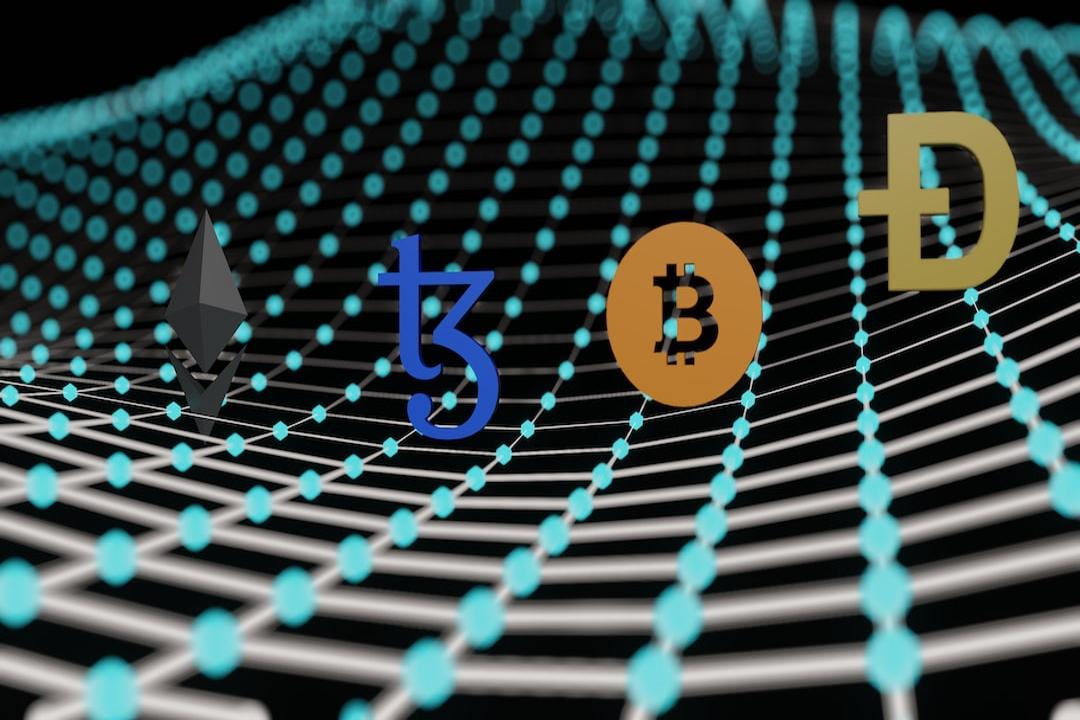Keith Gill, the leader of the meme stock movement three years ago, has made a comeback and continues to gain momentum. Recently, he showcased his multi-million dollar GameStop (GME) trading receipts on social media, urging retail investors to buy in. A new wave of meme stock frenzy seems to be brewing.
However, the bad news is that his trading activities have caught the attention of the Massachusetts Securities Regulators. A spokesperson from the office of Massachusetts Secretary of State Bill Galvin confirmed that the securities division is investigating Gill’s actions, and the investigation is currently ongoing.
On Sunday, Gill posted a screenshot of his trades on Reddit, revealing that he holds 5 million shares of GME stock worth $115.7 million, as well as 120,000 call options expiring on June 21 with a strike price of $20 and a total value of $65.7 million.
On Monday, GME stock price rose by 20%, and the account screenshot shared by Gill during trading hours showed that he had over $29.2 million in cash. As of Monday’s opening, Gill’s GME positions were valued at over $386 million. On Monday evening, he shared another screenshot on Reddit, indicating that he had not sold a single share.
It has been reported that the U.S. Securities and Exchange Commission (SEC) has been reviewing the call options related to GME that Gill posted on social media. However, it is unclear whether the SEC’s review specifically targets Gill.
In addition to regulatory scrutiny, there have been reports suggesting that E-Trade, a brokerage firm owned by Morgan Stanley, is considering banning Gill from using their platform for trading.
Gill himself has not responded to these investigations.
Following the meme stock frenzy in 2021, Massachusetts regulators fined Gill’s former company, MassMutual, $4 million, accusing them of failing to properly supervise Gill. Until the end of January 2021, Gill served as the company’s director of financial wellness education.
Under multiple negative catalysts, GME stock dropped over 5% in overnight trading but rose by approximately 2% in after-hours trading.

